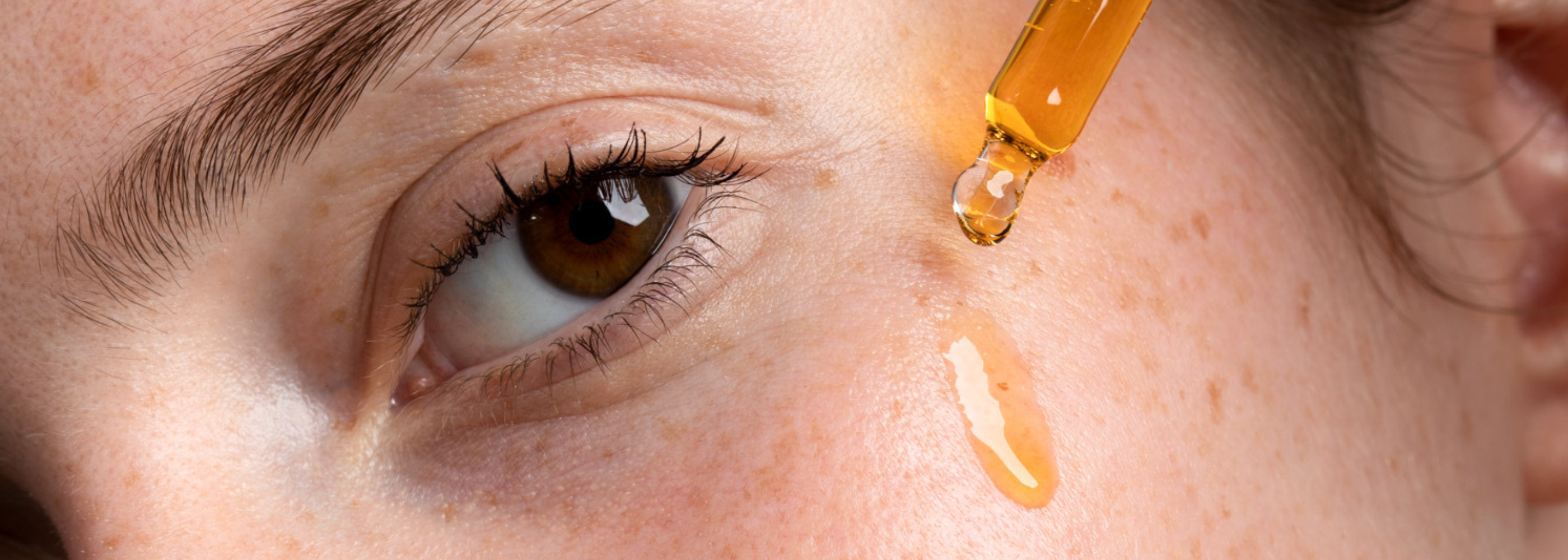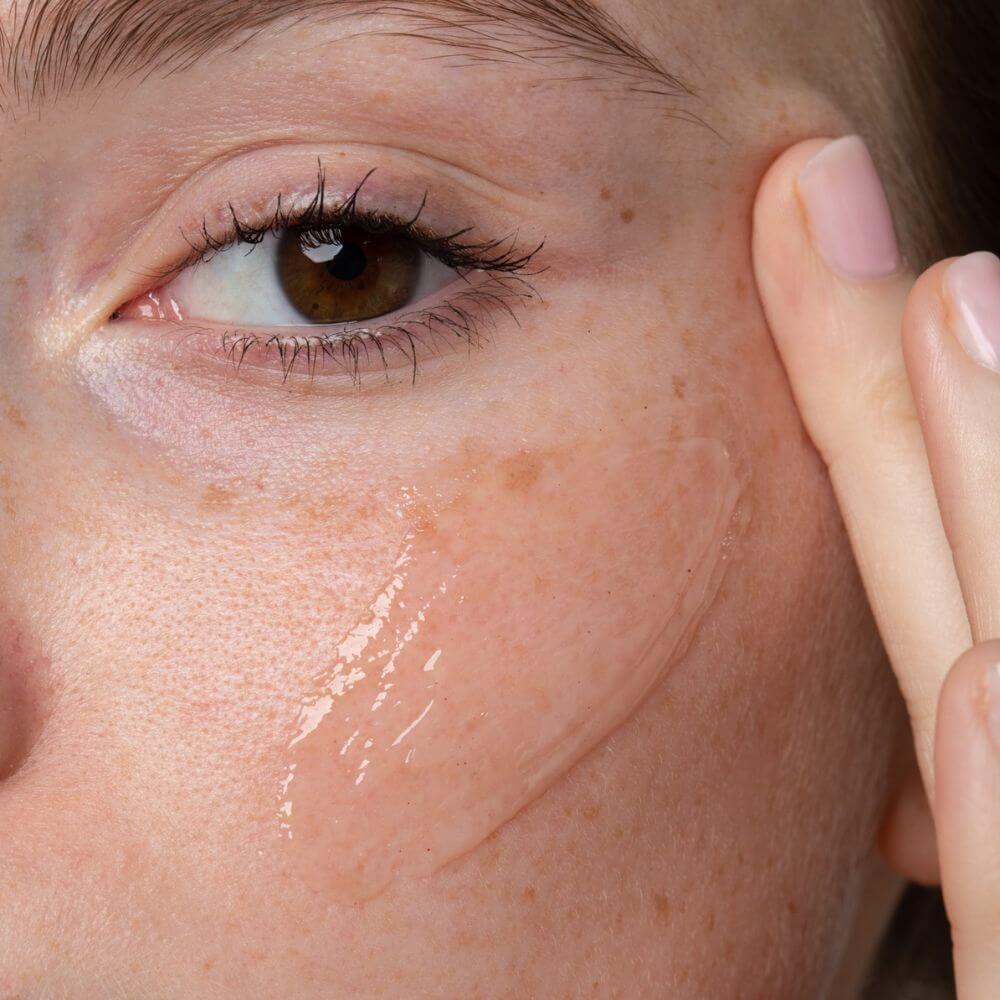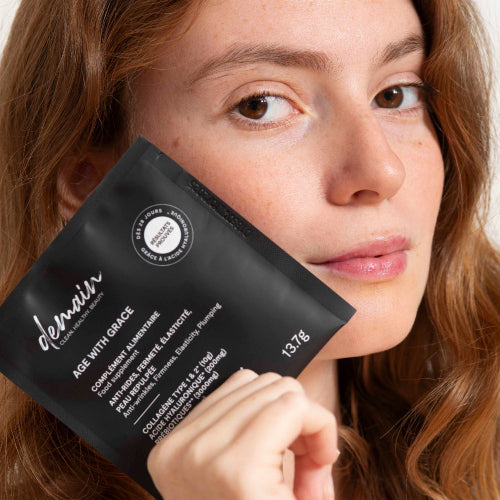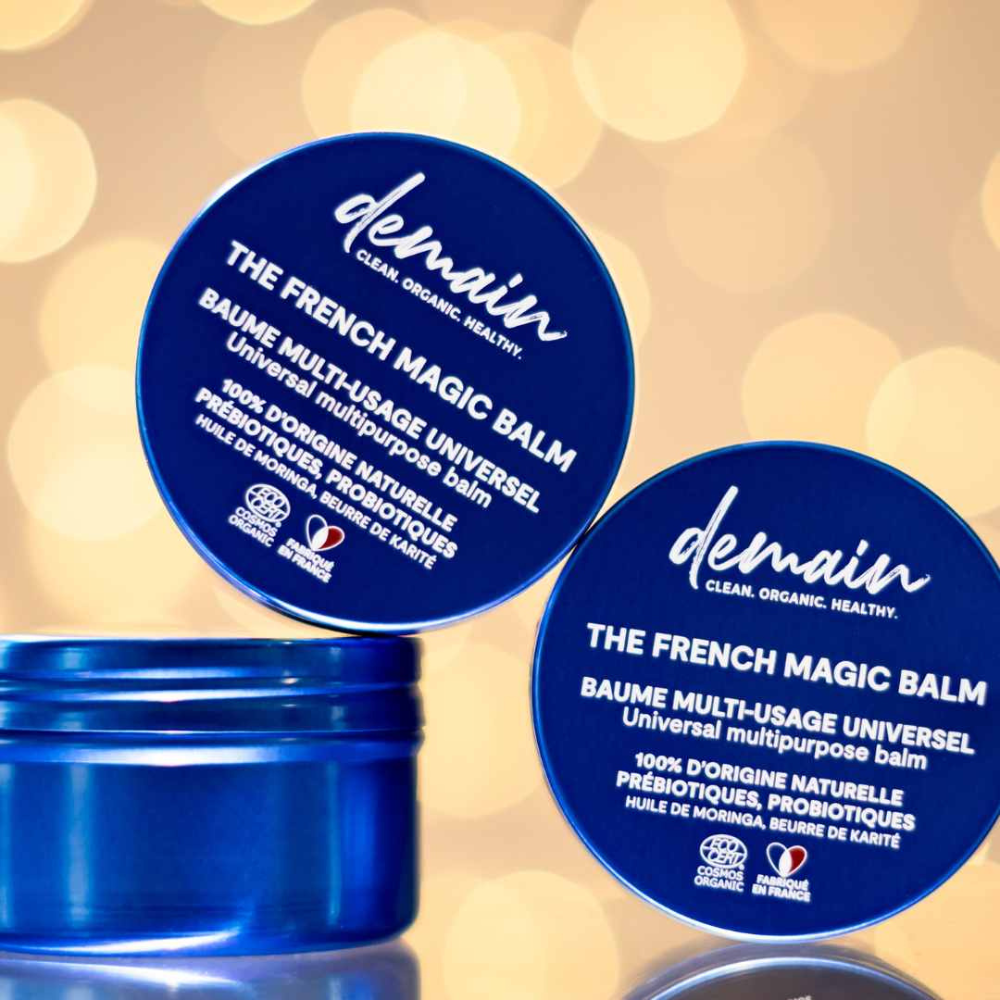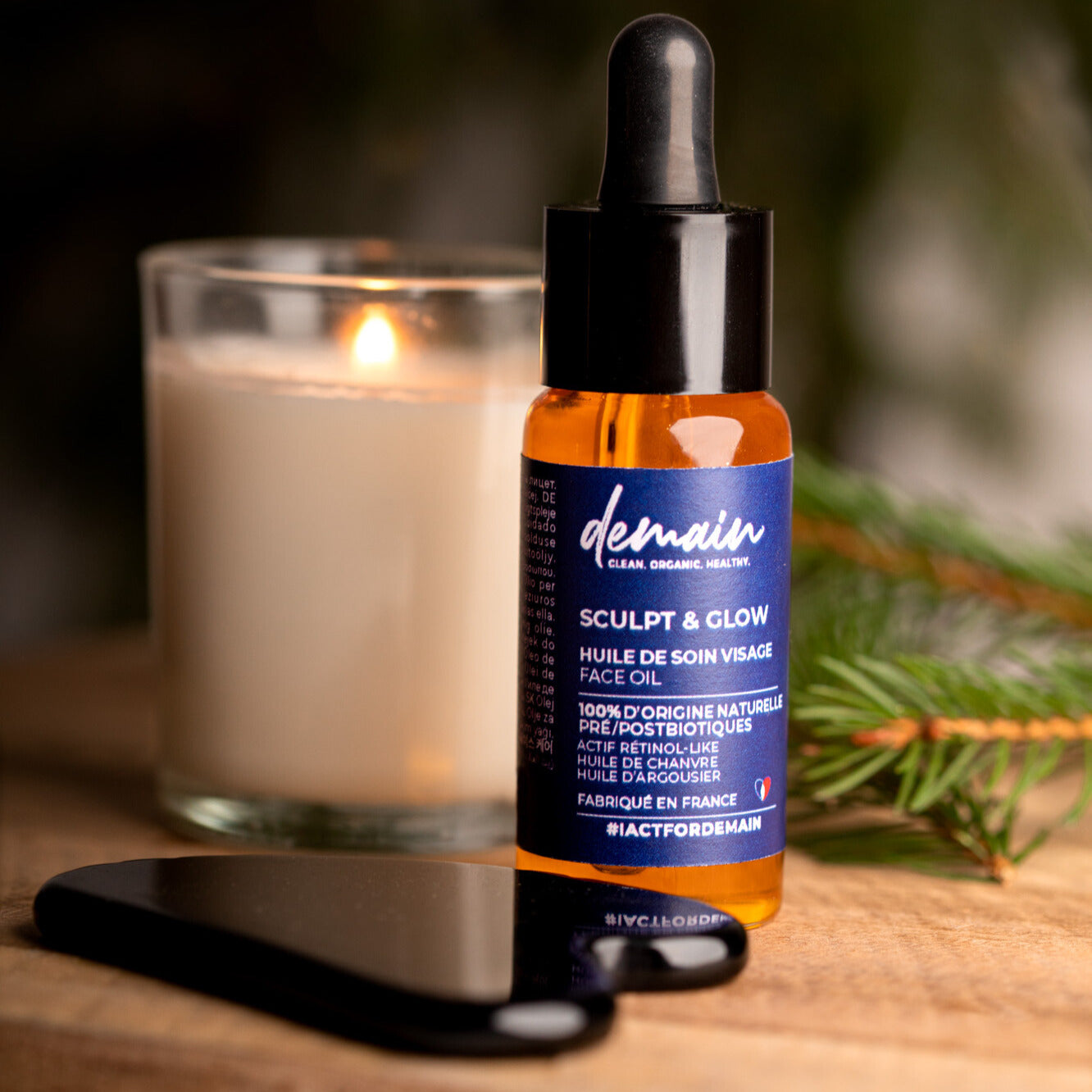How to treat oily and dehydrated skin? Discover our tips and products to help you achieve healthy, balanced skin.
Navigating the world of skincare can be confusing, especially when you're dealing with oily, dehydrated skin. This skin type requires special attention and a tailored routine that combines intense hydration and oil regulation. From serums to lightweight creams and active ingredients like hyaluronic acid, discover how to care for your skin and restore its radiance, particularly with our range of radiance-boosting facial skincare .
Understanding Dehydrated Oily Skin
To fully understand dehydrated oily skin, it's essential to distinguish between naturally oily skin and a state of temporary dehydration. Dehydration is a lack of water in the skin, which can affect all skin types, including oily skin.
Telltale signs include a feeling of tightness despite a shiny appearance, and streaks of dehydration, especially around the eyes and lips. To avoid making matters worse, it's crucial to avoid using harsh products, which can destroy the hydrolipidic film and exacerbate dehydration.
Proper skincare should include lightweight, non-comedogenic moisturizers and hyaluronic acid- rich serums to enhance deep hydration. Choosing the right routine can help restore skin balance and suppleness.
For more information, here are the SIGNS OF DEHYDRATED SKIN
Symptoms of Dehydrated Oily Skin
Dehydrated oily skin manifests itself through a combination of symptoms that may seem paradoxical. On the one hand, the skin retains a shiny appearance due to excess sebum, particularly visible in the T-zone . On the other hand, it shows signs of dehydration such as tightness after cleansing, streaks around the eyes and lips, and dry patches, especially on the cheeks.
The complexion may appear dull, lacking its usual radiance. Blackheads and acne breakouts can also occur, aggravated by dehydration that clogs pores. Fine lines become more pronounced, accentuating the skin's tired appearance. To manage these symptoms, it's essential to adapt your skincare routine by incorporating suitable moisturizing products while avoiding those that dry out the skin.
Causes of Dehydrated Oily Skin
Can hyaluronic acid be a cause?
Hyaluronic acid, often recognized for its hydrating properties, is not generally the cause of skin dehydration. On the contrary, it is often used to improve the hydration of oily and dehydrated skin. However, certain factors can influence its effectiveness.
It's crucial to apply hyaluronic acid to slightly damp skin to maximize its potential. In an overly dry environment, this ingredient can sometimes draw moisture away from the skin itself, thus exacerbating dehydration.
To prevent this, pair hyaluronic acid with a moisturizer that seals in moisture. Remember to adapt your routine based on the seasons and your skin's specific needs. Hyaluronic acid-rich products offer a lightweight texture, ideal for oily skin, and help regulate excess sebum while maintaining hydration.
If you would like to learn more about the effects of hyaluronic acid, click here
Why did it become dry?
The causes of oily skin becoming dry are many and varied. Environmental factors play a crucial role, including seasonal changes, wind, and dry air, which can alter the skin's hydrolipidic film.
A poor diet, high in sugars and lacking in essential nutrients, also contributes to this dryness. A lack of internal hydration, often overlooked, is another aggravating factor.
Using unsuitable cosmetic products, especially those containing alcohol or harsh ingredients, can dry out the skin. Overly abrasive skincare routines, such as frequent exfoliation, damage the skin barrier.
To avoid these inconveniences, it is recommended to:
- Choose gentle, moisturizing treatments like our Go For Protection Anti-Oxidant Facial Moisturizer or our Time To Repair Firming Regenerating Night Cream
- Maintain good hydration by drinking enough water
- Adapt your skincare routine according to your skin's specific needs.
These simple gestures help restore the skin's elasticity and softness.


